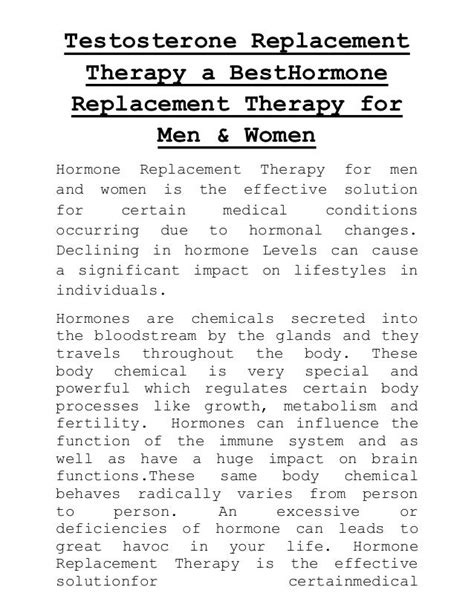What is a common but often overlooked symptom of low testosterone in men?

The Subtle Shift: Unpacking an Overlooked Symptom of Low Testosterone
When men think of low testosterone, classic symptoms like decreased libido, erectile dysfunction, or muscle loss often come to mind. While these are indeed hallmark indicators of hypogonadism, there’s a pervasive, often dismissed symptom that flies under the radar: significant, unexplained changes in mood, particularly increased irritability, anxiety, or feelings of depression.
Unlike the more tangible physical symptoms, mood disturbances can be easily attributed to stress, work pressure, relationship issues, or simply “getting older.” This tendency to dismiss psychological shifts as external factors means many men suffer silently, missing a crucial clue about their underlying hormonal health.

The Pervasive Impact of Mood Changes
Testosterone is more than just a “male hormone”; it plays a vital role in brain function, influencing neurotransmitter activity and overall mood regulation. When testosterone levels drop, the delicate balance can be disrupted, leading to a range of emotional and cognitive symptoms:
- Increased Irritability: Men might find themselves snapping more easily, feeling perpetually annoyed, or having a shorter fuse than usual.
- Anxiety and Nervousness: A general sense of unease, heightened worry, or even panic attacks can emerge without clear external triggers.
- Depressive Symptoms: This can manifest as persistent sadness, loss of interest in activities once enjoyed, feelings of hopelessness, or a general lack of motivation. Unlike clinical depression stemming solely from psychological factors, low-T induced depression often correlates with a lack of energy and drive.
- Brain Fog and Poor Concentration: Difficulty focusing, memory issues, and a general feeling of mental sluggishness can further exacerbate mood problems.
Why These Symptoms Are Often Overlooked
Several factors contribute to the oversight of mood changes as a low testosterone symptom:
- Societal Expectations: Men are often conditioned to suppress emotional vulnerability, leading them to internalize mood disturbances or rationalize them away.
- Overlap with Other Conditions: Symptoms like fatigue, low mood, and irritability are common across many conditions, making a definitive diagnosis challenging without specific testing.
- Gradual Onset: Testosterone decline is often slow, allowing men to adapt or attribute changes to normal aging, rather than a specific medical condition.
- Lack of Awareness: Many healthcare providers and patients are not immediately aware of the strong link between testosterone levels and mental well-being.

The Science Behind Testosterone and Emotional Health
Research indicates that testosterone receptors are abundant in various parts of the brain, including those responsible for mood, memory, and cognitive function. Testosterone influences the production and activity of neurotransmitters like serotonin and dopamine, which are crucial for regulating mood, pleasure, and motivation. A dip in testosterone can disrupt this delicate neurochemical balance, leading to the emotional symptoms described.
Furthermore, low testosterone can contribute to chronic inflammation and oxidative stress, both of which are implicated in mood disorders. The overall physiological stress on the body due to hormonal imbalance can also manifest as psychological distress.

When to Seek Medical Advice
If you or a man you know is experiencing persistent, unexplained mood changes – especially irritability, anxiety, or depressive symptoms – alongside other subtle signs like chronic fatigue, decreased motivation, unexplained weight gain, or difficulty concentrating, it’s wise to consult a healthcare professional. A simple blood test can measure testosterone levels and help determine if a hormonal imbalance is contributing to these issues.
Don’t dismiss these emotional shifts as just “part of life” or “getting older.” Just as with physical symptoms, sustained psychological changes warrant attention. Addressing low testosterone can not only improve physical health but also significantly enhance mental well-being and quality of life.

Diagnosis and Management
Diagnosing low testosterone typically involves a blood test, ideally performed in the morning when levels are highest. If levels are low, a doctor may recommend further tests to identify the underlying cause and rule out other conditions. Treatment options, which may include lifestyle changes, nutritional adjustments, and testosterone replacement therapy (TRT), can effectively manage symptoms and restore hormonal balance, often leading to a noticeable improvement in mood, energy, and overall health.
Recognizing and addressing the often-overlooked emotional symptoms of low testosterone is a crucial step towards comprehensive men’s health. By being attuned to these subtle shifts, men can take proactive steps to improve their well-being.










